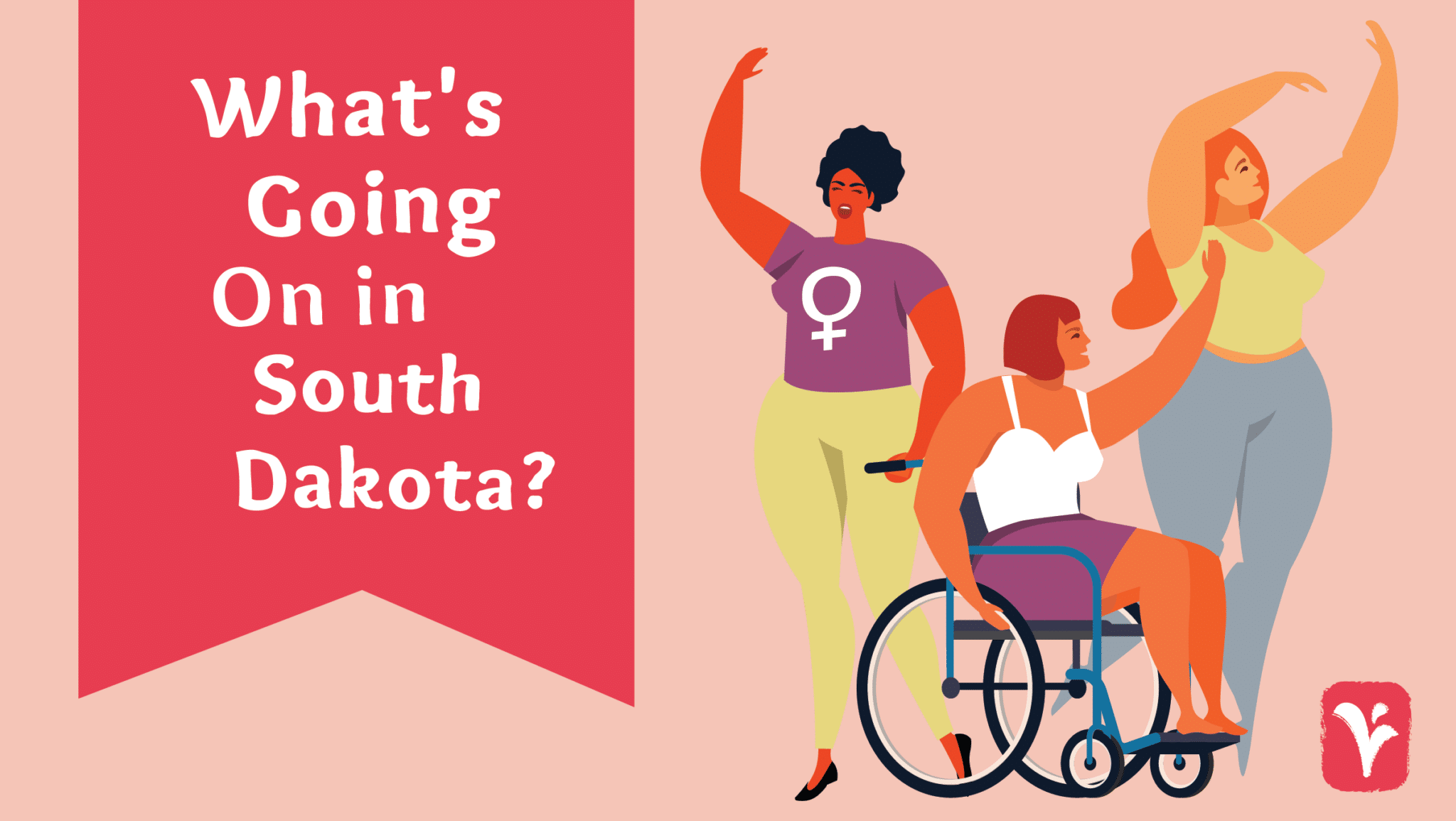Medication abortions account for roughly 54% of all US abortions. Despite being one of the safest medical procedures, anti-choice states have continued to eliminate access. On March 2, 2022, South Dakota gave the green light to House Bill (HB) 1318, which would further restrict access to abortions through medications.
Republican Governor Kristi Noem proposed the bill last month and passed the state Senate on a 32 to 2 vote. So now, women seeking a medication abortion will have to make an additional trip to the doctor. South Dakota’s current laws prohibit abortions for women beyond 22 weeks gestation.
It’s no surprise that limiting abortion access and imposing restrictions poses a detrimental health impact on women and Black, Indigenous, and people of color (BIPOC). These restrictions manifest and disguise as laws that “promote women’s health,” however, research has shown that abortion restrictions do the opposite. Research conducted by the Center for Reproductive Rights (CRR) shows that states with more abortion restrictions have higher maternal and infant mortality rates.
For example, Arizona has the highest number of abortion restrictions in the nation (18 out of 18 restrictions). Per the CRR Evaluating Priorities report, these restrictions are:
- Ambulatory surgical center standards imposed on facilities providing abortion
- Hospital privileges or alternative arrangements required for abortion providers
- Limitation on which health care providers may provide abortions
- Gestational age limit for abortion set by the law
- Medication abortion restrictions
- Method abortion bans
- Restrictions on abortion coverage in Medicaid
- Restrictions on abortion coverage in private health insurance plans
- Restrictions on abortion coverage in public employee health insurance plans
- Rules on the allocation of public funds
- Mandatory counseling before an abortion
- Parental involvement is required before a minor obtains an abortion
- The requirement to have or be offered an ultrasound
- Waiting periods required between the time of the first appointment and abortion
- Bans based on sex, race, or fetal diagnosis
- The number of abortion providers per woman aged 15-44 is below the national average
- Healthcare providers can refuse to provide abortion services
Abortions Restrictions Impact Women’s Health
As a result of these restrictions, women are forced to seek unsafe abortion care. According to the World Health Organization, it is estimated that 47,000 women die from unsafe abortions each year.
Bans and restrictions on abortion impact all women, and it also disproportionately burdens and impacts women of color. For example, one study suggests that banning abortion in the US would lead to a 21% increase in pregnancy-related deaths and a 33% increase among Black women.
Restrictive abortion laws, just like HB 1318, target women of color, who are more likely to face income inequality and are overrepresented in Medicaid. In addition, under the Hyde Amendment, federal funds cannot be allocated to abortion, and since Medicaid is a federal program, women of color cannot receive any financial support, further limiting their ability to seek the care they need. Black, Indigenous, and other women of color also experience traveling hundreds of miles for a procedure, missing multiple days or work, and lacking access to child care.
Additionally, women of color, especially Black women, frequently have negative healthcare experiences due to institutionalized racism and medical mistreatment.
Abortion Restriction Also Delays Prenatal Care
Beyond risking the mother’s life, abortion restrictions may delay critical prenatal care. Women who cannot obtain an abortion and are forced to carry the pregnancy to term are likely to delay the start of prenatal care.
The approval of HB 1318 comes months after SB 8 was defended at the nation’s highest court, allowing private citizens to enforce the law and sue anybody who aids a woman in receiving an abortion outside the six-week window. It was only a matter of time for Texas and SB 8 to trigger the onset of copycat laws in other states. Consequently, South Dakota is now following in Texas’s footsteps.
